This post is also available in: Español (Spanish) Kreyòl (Haitian Creole) Português (Portuguese)
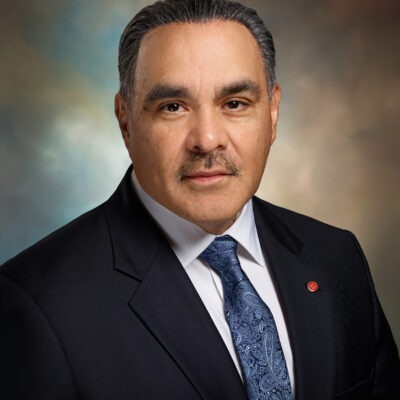
“For leaders to be effective, you have to do the work together. Leadership that recognizes and reflects interdependency, integration, collaboration, networking, a true partnership is going to be much more successful … and sustainable than leadership that relies on one individual or subject matter expert.”
Paul Martinez
Paul Martinez, chief leadership and human capital strategist, talks about leadership as a social process, the meaning of collective leadership, the mental weight leaders carry, and how all of this relates to the W.K. Kellogg Foundation Global Fellows Network.
Connection
Leadership can be a lonely calling, but there is power in connecting and learning from people with different lived experiences but the same drive for change. I know there are local leaders, including many W.K. Kellogg Foundation (WKKF) fellows, who feel they are working in isolation or are alone in their respective communities. The pandemic likely exacerbated those feelings while also creating more need for their leadership.
That’s why this network is so important to our leaders and the work they are doing. The WKKF Global Fellows Network (GFN) consists of like-minded people who dream big and want to create change in their communities. So, I encourage our fellows: join the network and connect with your peers globally. Contribute your skills, knowledge, abilities, passions and lived experiences. We value you not just for your capacity to contribute in making change, but also as a human being.
Collaboration
When we shift our thinking from leadership as individuals to leadership as part of a social process, we begin to recognize that we’re on a shared journey to affect change. Yet, as a network of global leaders, we are in different places on this journey and might even be working on different issues.
We created the W.K. Kellogg Foundation Global Fellows Network to make space for a deeper understanding of our issues and to work together as a collective to create a movement of change.
The conditions that impact the well-being of our children, families and communities reside within a larger ecosystem. Our work to improve and strengthen that ecosystem needs to be inclusive and collaborative. We must ask ourselves who is being invited to think about that ecosystem and who is directly affected. Is it just people already in power, or are we giving voice to those impacted by our decisions?
I know I can’t make changes on a policy level, a government level, an education level or a health system level unless I’m in partnership with the people in power. So, I must build relationships and partnerships and work collaboratively with those individuals to create sustainable change and impact.
Action
If there is one thing that holds steadfast, it’s the dedication of our fellows to their communities. As our President and CEO La June Montgomery Tabron says, “When you take a look at what the fellows are doing, it is inspiring but no surprise how active they are.”
But leadership is a heavy mantle to bear, especially when you’re working to change deeply rooted and integrated systems and structures and make them more equitable for children and families.
One thing I’ve learned is that leaders cannot serve their communities if they are not whole themselves. I encourage you to engage in practices that rejuvenate you mentally, physically, emotionally, spiritually and socially. You have to do that for yourself – and you have to extend that to others. We know from our lived experiences and working with leaders, especially those focused on social justice and racial equity, that leadership takes a toll. Pour into yourself, so you can pour into others.

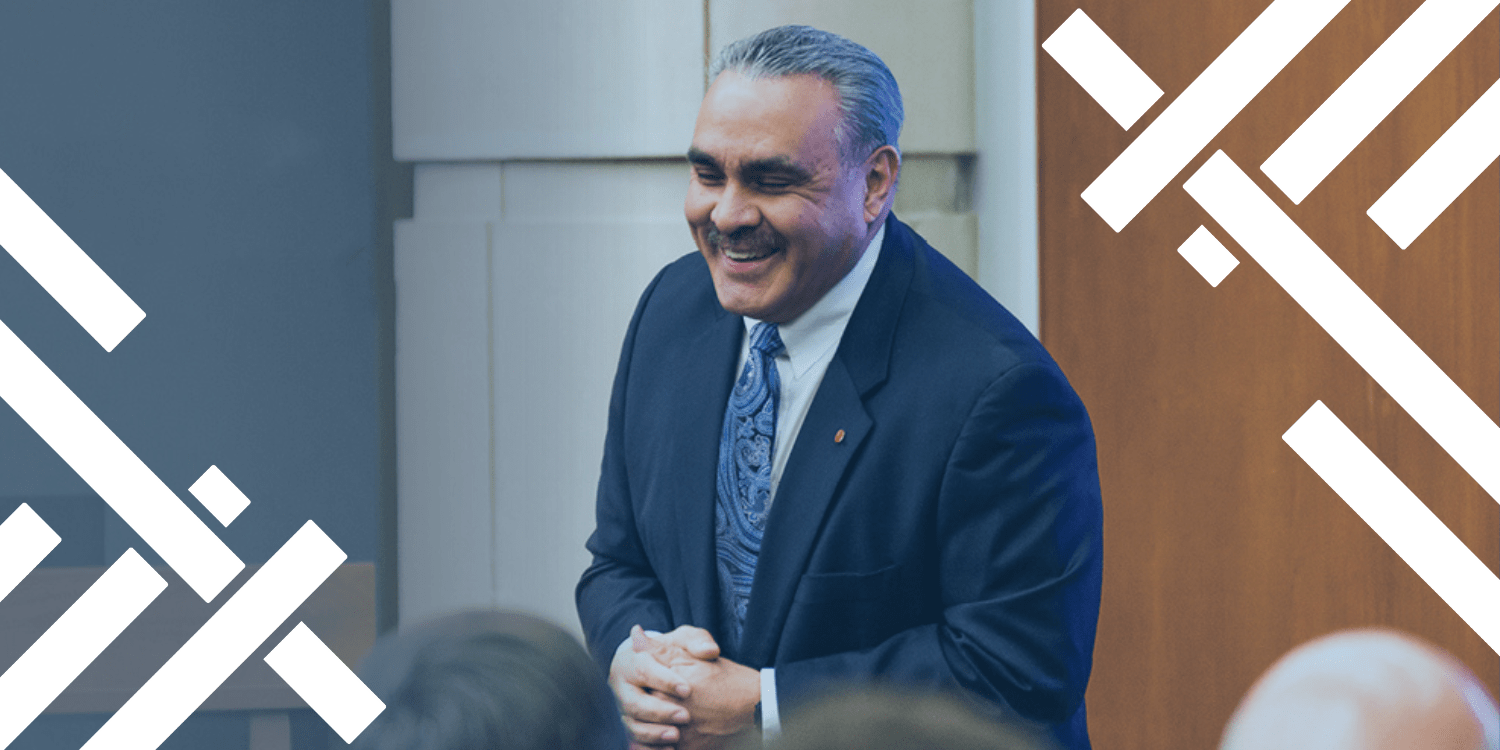
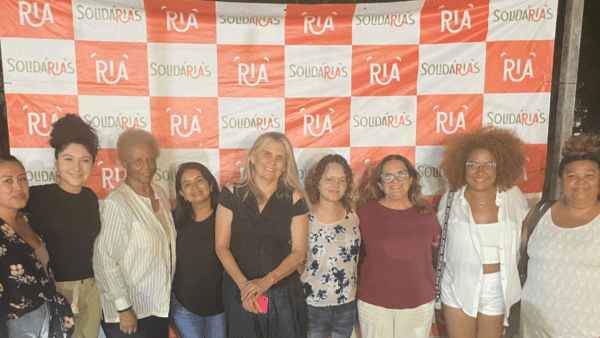
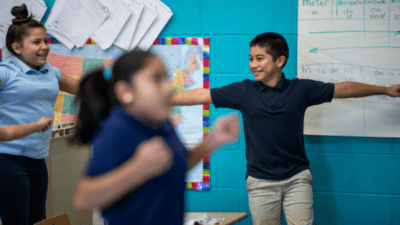
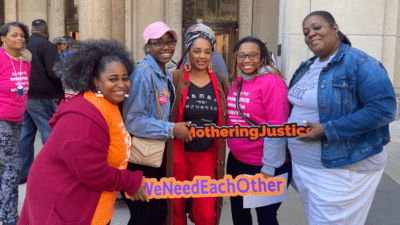
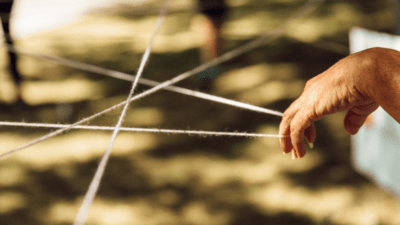
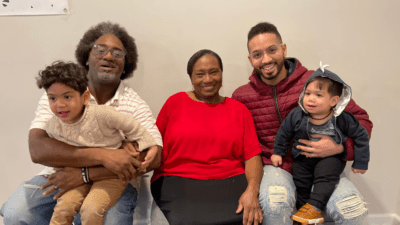

Comments